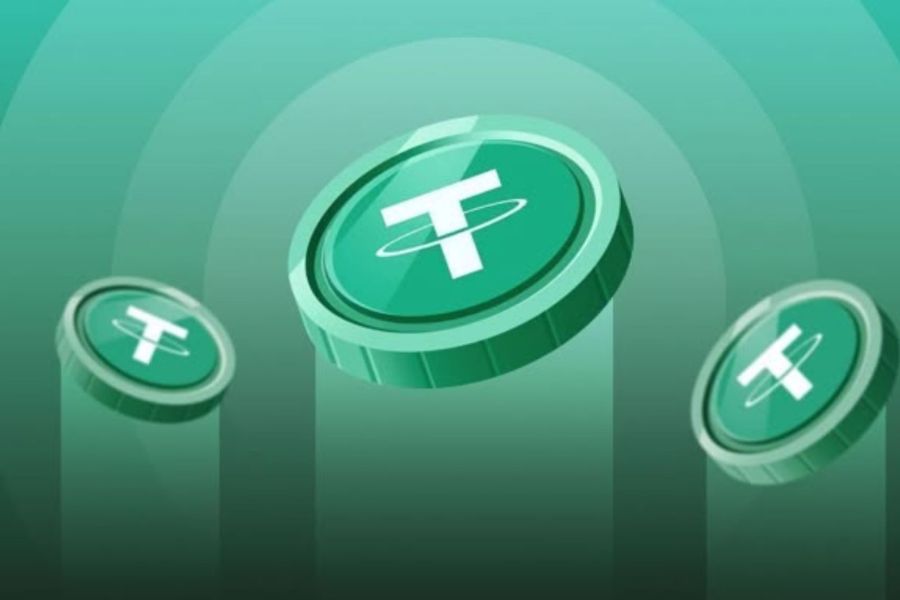Ethereum is an open-source blockchain platform launched in 2015, designed not only for cryptocurrency exchange but also for running smart contracts and decentralized applications (dApps). It is often known as the second most popular cryptocurrency after Bitcoin, but its true power lies in its ability to go far beyond simple value exchange.
1. Ethereum: More Than Just a Cryptocurrency
Ethereum was created by Vitalik Buterin with the goal of overcoming Bitcoin’s limitations. While Bitcoin primarily focuses on value transfer, Ethereum goes a step further by allowing developers to build applications on its blockchain using smart contracts. These contracts are self-executing agreements that run automatically when certain conditions are met.
2. Smart Contracts
A smart contract is a digital agreement that automatically executes when the terms set in the code are met. Instead of relying on intermediaries like lawyers or notaries, Ethereum allows the parties involved to trust a decentralized system to execute the contract without the possibility of manipulation. This significantly reduces the risk of fraud and increases transparency.
Examples of Smart Contracts:
Payment Automation: If you have an agreement with someone to pay them on a certain date, the smart contract can ensure that the payment is made automatically when the time arrives, without the involvement of either party.
Decentralized Loans and Credit (DeFi): Smart contracts enable the creation of financial applications without banks, where users can borrow, lend, or exchange assets without intermediaries.
3. Decentralized Applications (dApps)
In addition to smart contracts, Ethereum enables the creation of decentralized applications (dApps). These applications are not controlled by a single entity but run on the Ethereum network, which gives them a significant advantage in terms of security, transparency, and resistance to censorship.
Key areas where dApps are making an impact include:
Decentralized Finance (DeFi): Ethereum has fueled the creation of DeFi platforms, where users can perform cryptocurrency exchanges, invest, take loans, and more, without the need for intermediaries like banks or exchanges.
Gaming and NFTs: Blockchain-based games and non-fungible tokens (NFTs) have gained popularity through Ethereum. Players can own unique digital assets within games, such as collectible cards, virtual lands, or exclusive characters, thanks to Ethereum’s smart contracts.
4. DAO – Decentralized Autonomous Organizations
Decentralized Autonomous Organizations (DAOs) are a revolutionary concept made possible by Ethereum. Through a DAO, members of a community or group have control over the organization without the need for a centralized hierarchy. Everything is managed through smart contracts, meaning decisions are made democratically and automatically based on predefined rules in the contract.
5. Ethereum 2.0: The Future of Ethereum
Ethereum has been undergoing an upgrade to a new version known as Ethereum 2.0. This upgrade is designed to improve the scalability, security, and sustainability of the network. One of the most important changes in Ethereum 2.0 is the transition from a Proof of Work (PoW) system to a Proof of Stake (PoS) system. This will reduce energy consumption and make the network faster and more efficient, potentially attracting even more applications and users.
6. Real-World Applications
Although Ethereum is known for its relationship with cryptocurrencies, its real-world applications are extensive:
Supply Chain Management: Companies can use Ethereum to track the origin and journey of products from manufacturing to final delivery, ensuring transparency and reducing fraud.
Electronic Voting: In some countries and organizations, Ethereum has been considered for creating more secure and transparent voting systems, where each vote is immutably recorded on the blockchain.
Digital Identity: Ethereum can be used to manage secure digital identities, where users have full control over their personal data.
Ethereum goes far beyond being just a cryptocurrency. Its smart contracts, dApps, and the ability to create DAOs are transforming entire industries. With the upcoming Ethereum 2.0 upgrade, its potential to change how we interact with the digital world is just beginning to unfold.
While Ethereum remains a key part of the cryptocurrency ecosystem, its impact on applications beyond finance will be crucial to its evolution and mass adoption.





